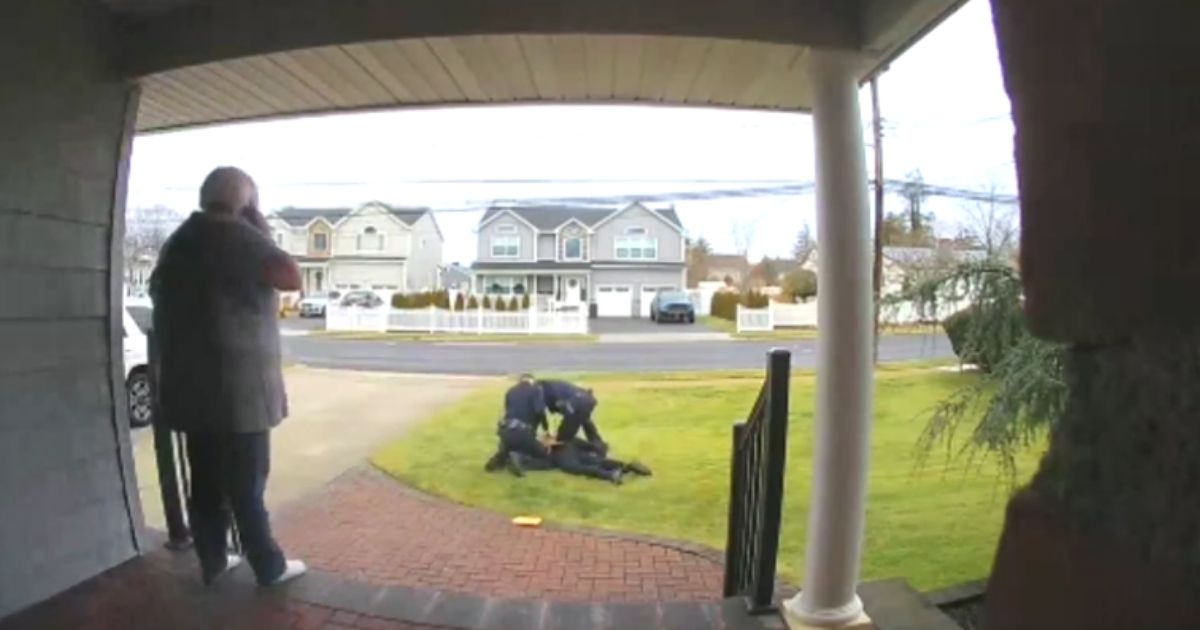A 73-year-old Long Island woman beat a scammer at his own game and tricked him into getting arrested.
“Bored grandma — 1, bad guy — 0,” the woman, identified as Jean, said.
An unknown caller phoned the grandmother on Thursday morning, telling her that police had arrested her grandson after a car crash, she told WCBS.
A “crying man” pretending to be her grandson could also be heard during the call, Jean said. The caller said her grandson needed $8,000 to be bailed out of jail.
The problem? Jean said she doesn’t have a grandson of driving age.
“Apparently they thought they had the big fish. They actually thought I was gonna give them money,” she said, according to WNBC-TV.
Realizing it was a plot to hoodwink her, Jean decided to scam the scammer instead, playing along as a gullible, worried grandmother.
“I played stupid grandma. ‘Oh, my poor grandson,’ I told the guy. ‘Please don’t tell his mother,'” she recounted. She agreed to hand over the $8,000.
While the man was en route to her residence to collect the money, Jean, a former 911 dispatcher, called the police.
Officers arrived at the scene and hid their vehicles. Some went inside her home to prepare for the clueless scammer’s arrival.
Video of the incident captured by Jean’s doorbell camera shows the man walking up to Jean’s door to collect the money.
She went out with an envelope full of paper towels. The oblivious fraudster took the envelope, and the officers ran out of Jean’s home and pinned him to the ground.
Police have identified the suspect as 28-year-old Joshua Estrella Gomez. He faces attempted grand larceny charges.
Officers are working to find out if Gomez planned the scheme with others and if this was his first attempt at scamming the elderly.
Nassau County’s police commissioner lauded Jean, saying, “She’s not afraid of these guys. She knew what she had to do.”
“I couldn’t believe what was going on. I told her to stop,” Jean’s son said, adding that he would have preferred her to have hung up on the scammer. “It’s cool that she did it. I like it.”
According to the FBI, millions of elderly Americans fall prey to scams every year. Fraudsters try to gain the trust of their victims and interact with them through the internet, phone calls and mail.
The FBI advises you to approach your local FBI field office or inform the agency through an online tip if you or someone you know has been a victim of elder fraud. You can also file a complaint here.
The FBI recommends that victims of elder fraud keep evidence of the scam, including “original documentation, emails, faxes, and logs of all communications.”
This article appeared originally on The Western Journal.

























 Continue with Google
Continue with Google